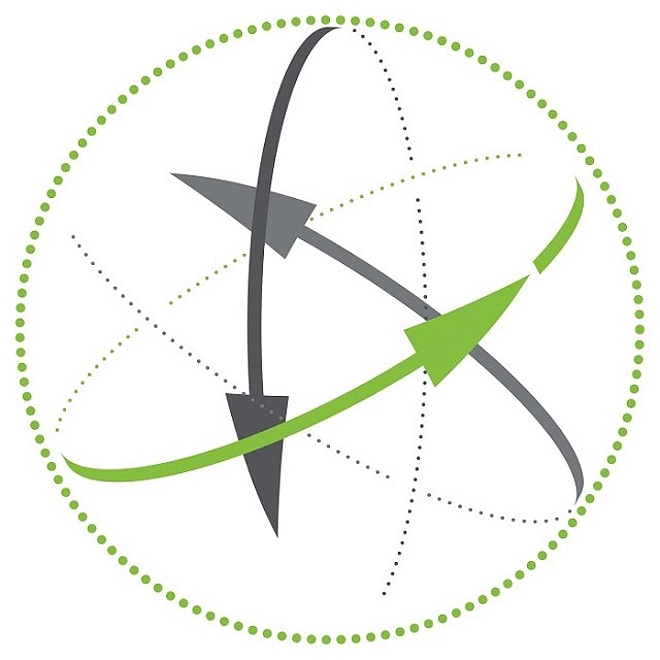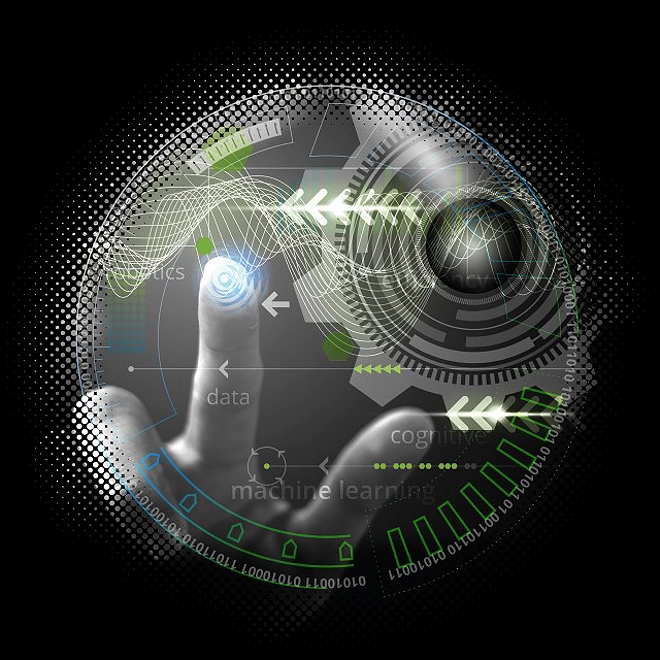Blockchain & Digital Assets Innovation
Redefine the rules of your business and industry
At Deloitte, we focus on providing you with targeted insights to navigate through your most urgent blockchain and digital asset questions. We help you rethink the way to create business value, identify ecosystem strategies, increase trust & collaboration with partners, and so much more.
Blockchain igniting innovation
Blockchain is going beyond the hype and is fast redefining the rules of the game. At Deloitte, we see blockchain-based innovations, promoting trust & transparency, popping up across the industries & sectors.
NIKE acquired RTFKT, an innovative brand focusing on digital collectibles and merging culture and gaming. El Salvador became the first country to accept bitcoin as legal tender. Mercedes-Benz launched Acentrik, a decentralized data marketplace for enterprises. BlackRock launched its first blockchain and crypto ETFs. Multiple governments are researching Central Bank Digital Currencies.
These are just some examples to illustrate the impact blockchain technology already has across several industries. And there are many innovative use cases yet undiscovered.
We highlight several (non-limitative) blockchain-based innovations below.
We bring together our cross-functional expertise to deliver unique blockchain solutions. By leveraging our local and international expertise, we offer end-to-end support for your blockchain solution.
Let's discover together how blockchain can create value for your company.



